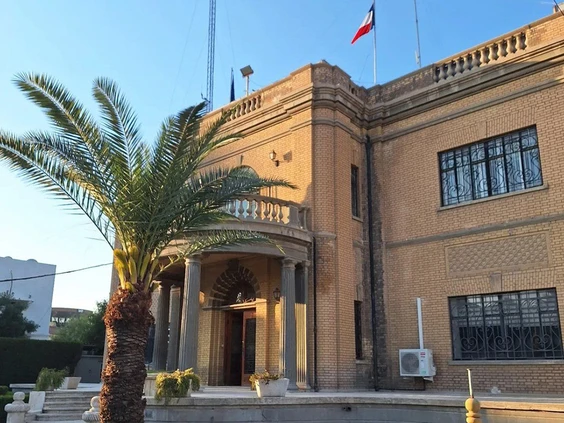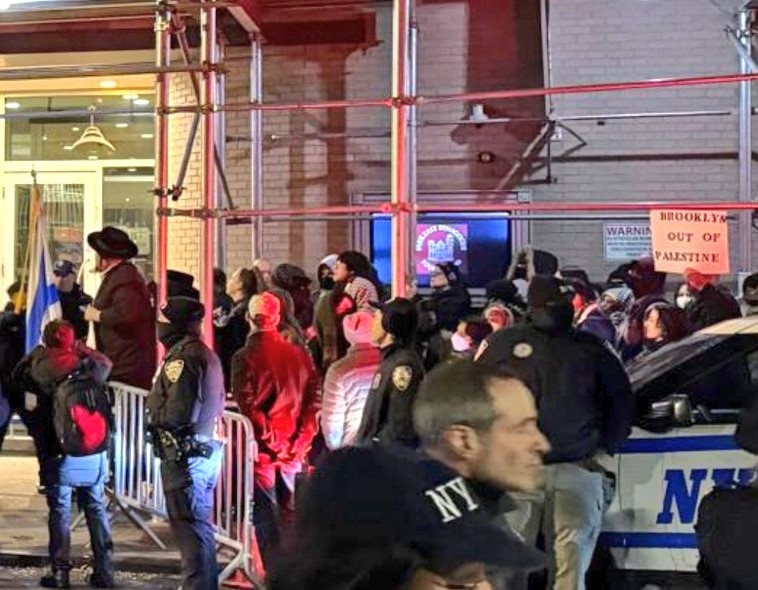By Danielle Arfin
In the 1930s, brothers Ezra and Khedouri Lawee, members of Baghdad’s Jewish merchant community, built a family residence in the Karrada district, near the banks of the Tigris River. The house, known as Beit Lawee, reflected the stability of Baghdad’s Jewish community at the time. Jews formed a central part of the city’s commercial and cultural life and had lived in Iraq for more than two millennia. The Lawee family remained in the home until the early 1950s, when Iraq’s Jews were required to renounce citizenship and leave the country. Their property was seized under the denaturalization and asset-transfer laws that applied to Jews who departed during that period. The French government now uses the building as part of its diplomatic mission in Baghdad. The Lawee family has not been compensated for the loss of the property.
The legal claim was first reported by The Jewish Chronicle, which stated that the family is seeking more than €24 million in unpaid use and restitution. Reporting by Tablet Magazine noted that France has used the residence for diplomatic and administrative purposes for decades and that no record exists of compensation or acknowledgment to the original owners or their descendants. Further figures were reported by Jewish News, which cited more than £14.75 million in back rent and approximately £8 million in damages, while The Jerusalem Post likewise reported that the lawsuit seeks payment for decades of French diplomatic use.
The Lawee family’s displacement occurred during the near-total expulsion of Iraq’s Jewish population. Between 1948 and 1951, approximately 120,000 Jews left the country after the government required those who wished to emigrate to renounce citizenship. A subsequent law froze or transferred property belonging to Jews who had departed, resulting in the seizure of private homes, businesses, synagogues, schools, and communal assets. Background on these laws is summarized in historical analyses of the Iraqi Jewish exodus: Iraqi Jewish Exodus – Overview.
After the Lawee residence was taken into state custody, it later came under use by the French government. Reporting indicates that France made use of the building through arrangements with Iraqi authorities, but there is no documentation that the family’s prior ownership was acknowledged or that compensation was provided. The legal claim raises the question of whether a foreign government bears responsibility for the origin of a property it occupies when that property was seized from a minority population under coercive state measures.
Personal background on the family and the house before displacement appears in an oral history recorded by Sephardi Voices, which provides firsthand accounts of life in Baghdad, the character of the neighborhood, and the circumstances that preceded the departure.
France has taken public positions supporting the restitution of Jewish property seized in Europe and funds institutions dedicated to Holocaust remembrance and Jewish heritage preservation. There has been no public statement acknowledging the origin of the Baghdad residence or the conditions under which the Lawee family lost ownership. The legal proceedings remain ongoing.







